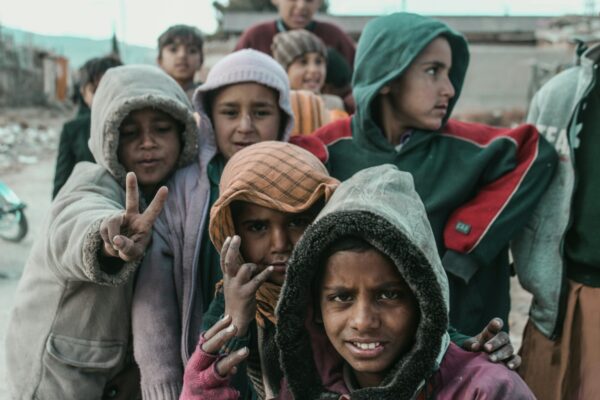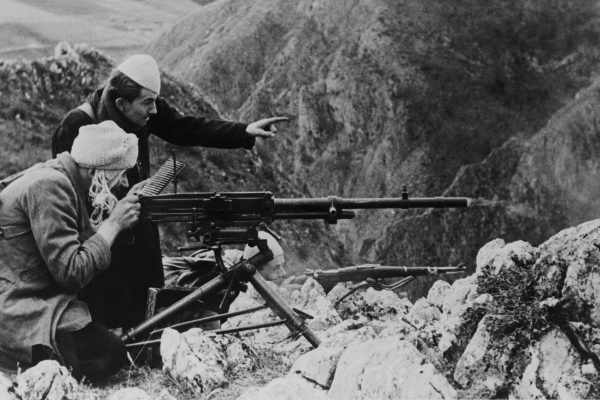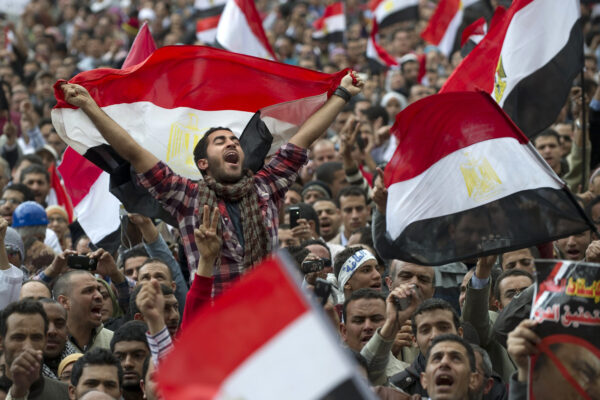One particular incident that changed the entire discourse was when an elderly Muslim man, Muhsin Ahmed, was beaten and murdered in the early hours of August 10th, 2015. He was called “a groomer” as he was beaten to death by men inspired by right-wing extremism.
One particular incident that changed the entire discourse was when an elderly Muslim man, Muhsin Ahmed, was beaten and murdered in the early hours of August 10th, 2015. He was called “a groomer” as he was beaten to death by men inspired by right-wing extremism.
On this week’s TMV Podcast, Chief Editor Salim Kassam speaks to Muhbeen Hussain, founder of British Muslim Youth, on topics ranging from political engagement, following the sunnah, and the incredible story of the Rotherham 12’s fight for justice against right-wing extremism.
To listen to the full podcast, click below:
Hussain, who grew up in Rotherham in the north of England, explains that growing up in the UK post-9/11 and post-7/7 meant that many were faced with an identity crisis, and not knowing exactly how to identify themselves. “Labelled as a terrorist, you don’t know if you were British or Pakistani,” Hussain explains, which eventually led him to becoming more engaged in the community to find that balance.
Establishing and founding the Rotherham Muslim Youth group, which would later turn into what is today known as the British Muslim Youth, Hussain wanted to build a community platform to help promote tolerance, a sense of community outreach, and understanding of identity apart from what the mainstream media told young British Muslims.
I’m secular, I’m liberal, but I’ll always be openly Muslim. So I knew I had to play a role…even to just plant a seed in young people’s minds.”
Going back to the image of Rotherham, Hussain explains that it has been plagued with mainstream media portrayals of it being a breeding ground for grooming gangs somehow associated with extremist Muslim groups. When the stories of grooming gangs emerged from Rotherham, Hussain was one of the first in leading a campaign to openly denounce them – explaining plainly that grooming gangs and any sort of abuse have absolutely nothing to do with being Muslim.
If you’re abusing young girls, we must openly come out and stand against it. So we came out, and held demonstrations. This is the justice the Prophet Muhammad teaches us.”
Right-wing extremists groups like the English Defence League (EDL) were quick to come to Rotherham, staging 14 different protests and marches within about a year and a half abusing the Muslim community with their anti-immigrant and Islamophobic rhetoric.
One particular incident that changed the entire discourse was when an elderly Muslim man, Muhsin Ahmed, was beaten and murdered in the early hours of August 10th, 2015. He was called “a groomer” as he was beaten to death by men inspired by right-wing extremism.
In response to this murder, Hussain and his community took to the streets in a peaceful demonstration – enough was enough. In an altercation with a group of right-wing extremists, 12 Muslim men intervened to stop the fighting – and were subsequently detained by police for violence. Their homes were raided and they were taken to jail in an unfair trial where the right-wing extremists were essentially allowed to walk away innocent.
This spurred a massive movement on Hussain’s part, coordinating a wide-scale boycott of the south Yorkshire police force, as well as starting the Rotherham 12 Defence Campaign. Hussain explains the dire importance of engagement – any kind of engagement – that is so needed in our world today:
The problem with our community is that they’re just at the table for the biscuits, they’re not there for the engagement. It’s easy to be a rebel, but it’s difficult to be able to quietly do the work, so when you are a revolutionary, it all adds up.”
The Rotherham 12, as they are remembered today, were all released as not guilty after the tireless campaigning by Hussain and the community members who rallied behind them. This incredible feat is an inspiring example of not only the power of community activism and civic engagement, but of the power of what one individual can do – in whatever capacity or style one can commit to.
To listen to the rest of the podcast and Hussain’s advice and powerful words of wisdom on remembering the Prophet Muhammad’s own struggles and hard work in changing a community, click below:





